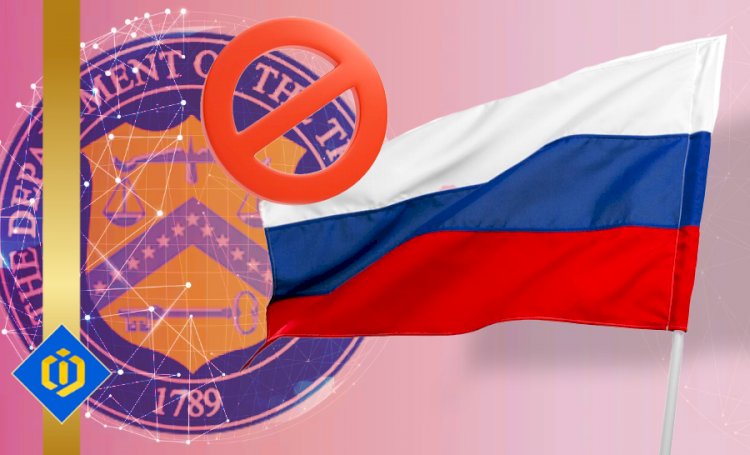Unraveling OFAC's Russian Sanctions: Examining the Impact and Legal Considerations

Economic sanctions have emerged as powerful non-military tools in international geopolitics, influencing state behavior. The Russian sanctions imposed by the United States, under the guidance of the Office of Foreign Assets Control (OFAC), serve as a prime example of this dynamic. This analysis explores OFAC's actions regarding Russian sanctions, the nature of these sanctions, and their subsequent implications.
Historical Context:
The origins of U.S. sanctions against Russia, overseen by OFAC, can be traced back to Russia's annexation of Crimea in 2014. This action, seen as a violation of Ukraine's sovereignty and international law, prompted immediate condemnations and the implementation of various sanctions.
Key Provisions of Russian Sanctions:
Asset Freezes and Prohibitions:
OFAC's Specially Designated Nationals (SDN) List included individuals and entities linked to the Russian government's actions in Crimea and Eastern Ukraine. Assets of these individuals/entities within U.S. jurisdiction were frozen, and U.S. persons were prohibited from engaging in transactions with them.
Sectoral Sanctions:
Unlike blanket bans, these sanctions were more targeted, focusing on specific sectors of the Russian economy, such as finance, energy, and defense. They restricted access to U.S. financial markets and services for the entities involved.
Restrictions on Goods and Technologies:
The sanctions also encompassed the provision of certain goods and technologies, particularly those that could bolster Russia's domestic oil production capabilities.
Diplomatic Expulsions:
In addition to economic measures, diplomatic penalties were imposed, resulting in the expulsion of Russian diplomats from the U.S. and the closure of specific Russian diplomatic properties.
Implications and Effectiveness:
Economic Impact:
While isolating the effects of sanctions from other economic factors is challenging, there is a consensus that the Russian economy has underperformed as a result of these measures. The sanctions have had significant impacts on foreign direct investment, technology transfers, and the overall business environment.
Political Repercussions:
The sanctions have intensified political tensions between the U.S. and Russia. In response, Russia implemented its own set of sanctions targeting Western interests and reinforced its policies of economic self-reliance.
Global Trade and Finance:
Global entities had to navigate the complexities of compliance to ensure they did not inadvertently violate the sanctions. Given the dominance of the U.S. financial system and the global nature of supply chains, there was an increased emphasis on due diligence and the reshaping of certain trade relationships.
Concluding Thoughts:
OFAC's role in implementing and managing the Russian sanctions highlights the complexities of using economic measures as tools of foreign policy. While these sanctions undeniably impacted the Russian economy, assessing their success in achieving broader geopolitical objectives remains a subject of debate. Like most sanctions regimes, the challenge lies in striking a balance between economic pressures and diplomatic outreach, ensuring that economic measures serve broader strategic goals without unintentionally exacerbating tensions or harming innocent civilians. The Russian sanctions, as overseen by OFAC, will continue to serve as a case study in navigating this delicate balancing act for years to come.
Author: Pooyan Ghamari, Swiss Economist & Visionary

 content-team
content-team 






















